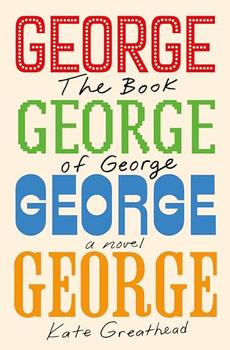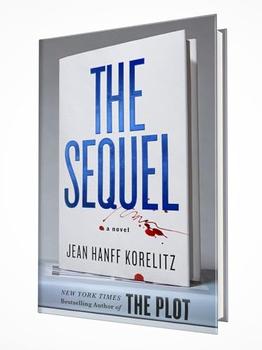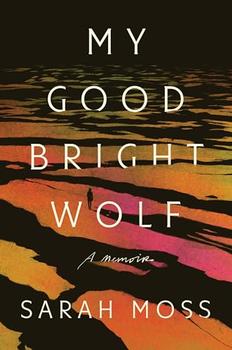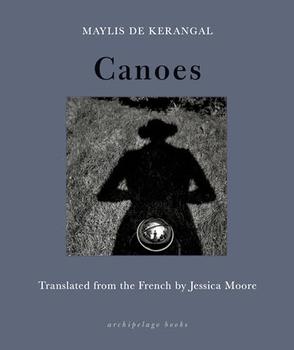Summary | Excerpt | Reviews | Beyond the Book | Readalikes | Genres & Themes | Author Bio

Chapter One
Dawn
In the dawn the land is empty. A causeway stretches across the lake on a bridge of silvery granite, and beyond it, pale on its reflection, a temple shines. The light falls pure and still. The noises of the town have faded away, and the silence intensifies the void—the artificial lake, the temple, the bridge—like the shapes for a ceremony which has been forgotten.
As I climb the triple terrace to the shrine, a dark mountain bulks alongside, dense to the skyline with ancient trees. My feet sound frail on the steps. The new stone and the old trees make a soft confusion in the mind. Somewhere in the forest above me, among the thousand-year-old cypresses, lies the tomb of the Yellow Emperor, the mythic ancestor of the Chinese people.
A few pilgrims are wandering in the temple courtyard, and vendors under yellow awnings are offering yellow roses. It is quiet and thick with shadows. Giant cypresses have invaded the compound and now stand, grey and aged, as if turning to stone. One, it is said, was planted by the Yellow Emperor himself; another is the tree where the great emperor Wudi, founder of the shrine two thousand years ago, hung up his armour before prayer.
The pilgrims are taking photographs of one another. They pose gravely, accruing prestige from the magic of the place. Here their past becomes holy. The only sound is the rustling of the bamboo and the murmuring of the visitors. They pay homage in this temple to their own inheritance, their pride of place in the world. For the Yellow Emperor invented civilisation itself. He brought China—and wisdom—into being.
The woman is gazing at a boulder indented by two huge footprints. Slight and girlish, she jumps at the sight of a foreigner. Foreigners don't come here—she laughs through her fingers—she is sorry. The footprints, she says, belong to the Yellow Emperor.
'Not really?'
'Yes. One of his concubines used them to make boots. He invented boots.'
We walk for a moment where memorial stones are carved with the tribute of early emperors, and come at the court's end to the Hall of the Founder of Human Civilisation. Its altar is ablaze with candles and incense, and heaped with plastic fruit. The woman's gaze, when I question her, stays candid on mine. The Yellow Emperor invented writing, music and mathematics, she says. He discovered silk. This was where history began. People had been coming here generation after generation. 'And now you too. Are you from your government?' But her eyes dip to my worn trousers and dusty trainers. 'A teacher?'
'Yes,' I lie. Already a new identity is unfurling: a teacher with a taste for history, and a family back home. I want to go unquestioned.
So that's why you speak Mandarin, she says (although it is poor, almost toneless). 'And where are you going?'
I think of saying Turkey, the Mediterranean, but it sounds preposterous. I hear myself answer: 'Along the Silk Road to the north-west, to Kashgar.' And this sounds strange enough. She smiles nervously. She feels she has already reached out too far, and turns silent. But the unvoiced question Why are you going? gathers between her eyes in a faint, perplexed fleur-de-lis. This Why?, in China, is rarely asked. It is too intrusive, too internal. We walk in silence.
Sometimes a journey arises out of hope and instinct, the heady conviction, as your finger travels along the map: Yes, here and here . . . and here. These are the nerve-ends of the world . . .
A hundred reasons clamour for your going. You go to touch on human identities, to people an empty map. You have a notion that this is the world's heart. You go to encounter the protean shapes of faith. You go because you are still young and crave excitement, the crunch of your boots in the dust; you go because you are old and need to understand something before it's too late. You go to see what will happen.
The foregoing is excerpted from Shadow of the Silk Road by Colin Thubron. All rights reserved. No part of this book may be used or reproduced without written permission from HarperCollins Publishers, 10 East 53rd Street, New York, NY 10022




Use what talents you possess: The woods would be very silent if no birds sang there except those that sang best
Click Here to find out who said this, as well as discovering other famous literary quotes!
Your guide toexceptional books
BookBrowse seeks out and recommends the best in contemporary fiction and nonfiction—books that not only engage and entertain but also deepen our understanding of ourselves and the world around us.